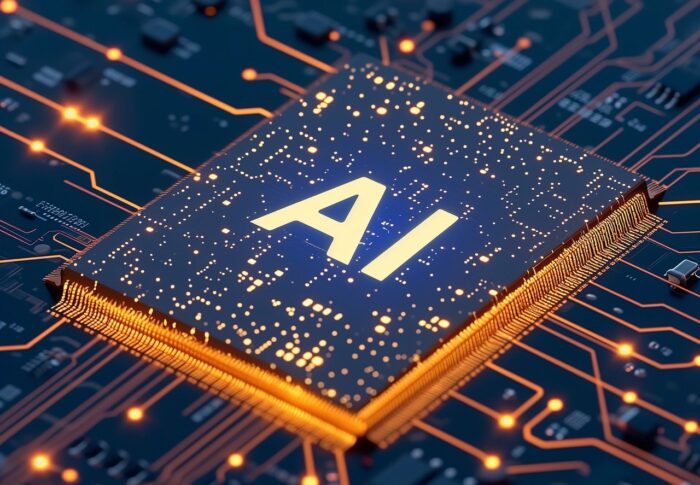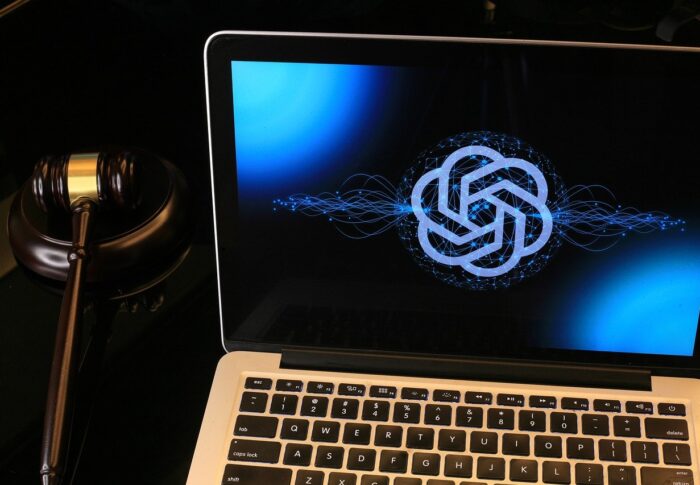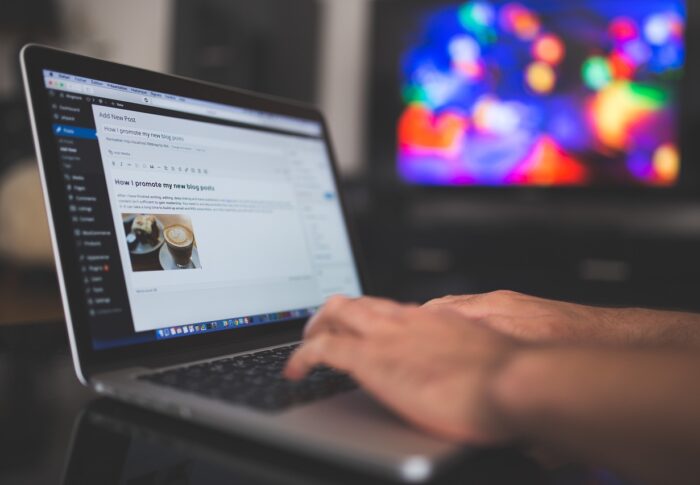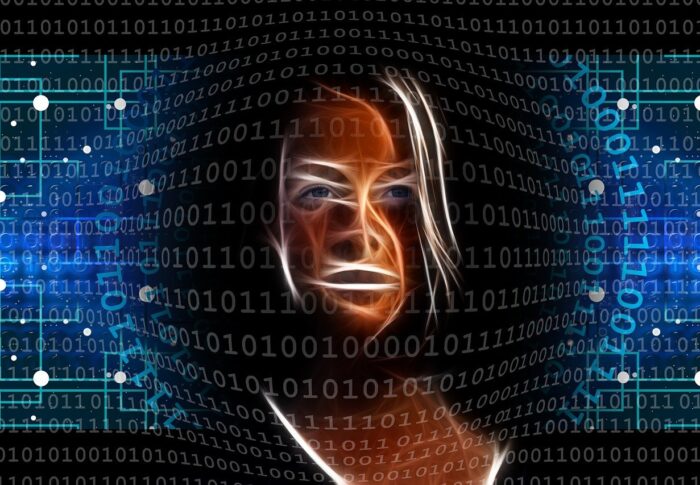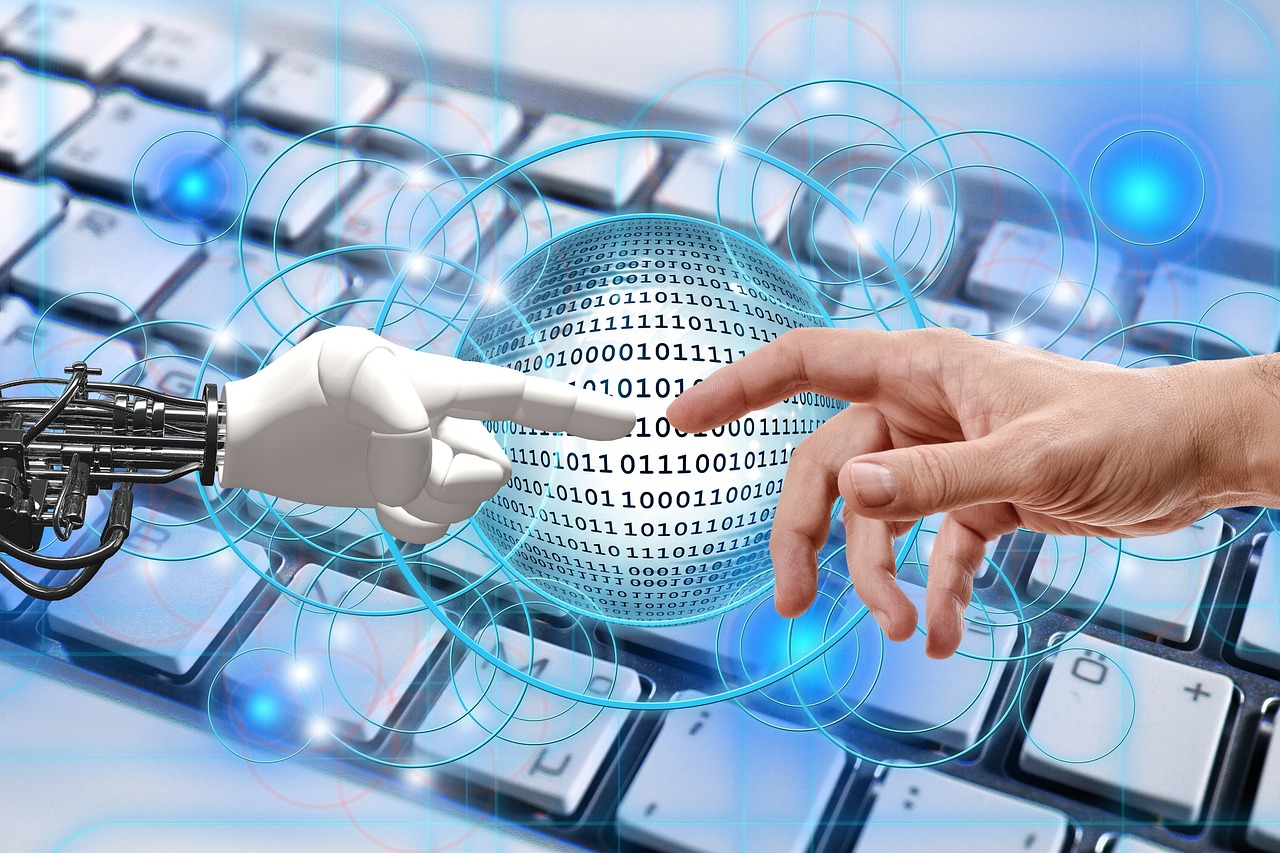
The Limitations of AI: 12 Jobs That Will Always Need a Human Touch
The rise of Artificial Intelligence (AI) has led to concerns about job displacement. Many fear that AI will replace human workers in various industries, leading to mass unemployment. While it is true that AI has the potential to automate many jobs, there are still several roles that will always require a human to complete the tasks involved. In this article, we will discuss some jobs that are safe from being replaced by AI.
- Healthcare and personal care jobs: AI can assist healthcare professionals in medical diagnoses and treatment, and may even be able to perform certain types of surgery, but there are certain healthcare jobs that involve human interaction which are safe from AI takeover. Jobs such as nursing, physical therapy, and counselling require human empathy and compassion, which AI cannot replace. Personal care workers provide care to people with disabilities or elderly individuals who need assistance with daily activities. These group of people often require emotional support, comfort and compassionate care, which only a human caregiver can provide. The ability to empathize with patients and provide emotional support is something that is still far from the reach of AI and only a human can be able to accomplish it.
2. Education/Teaching jobs: Teaching is a complex job that involves more than just imparting knowledge. It requires the ability to motivate, engage and connect with students and inspire them to learn. While AI can assist in grading assignments and providing feedback, teachers are essential for educating the whole child and developing critical thinking skills. The ability to inspire, encourage, and motivate students requires a level of interpersonal interaction that only humans can provide. AI may be able to deliver information, but it can’t replicate the passion and enthusiasm of a great human teacher.
3. Social work jobs: Social workers work with vulnerable populations, such as children, the elderly, and those with mental illness. They provide emotional support, counselling, and advocacy, which AI cannot replicate. Social work requires high level of empathy, compassion, and problem-solving skills with a high degree of emotional intelligence, which is a uniquely human trait. While AI may be able to provide some information and resources, it can not replace the personal connection and support that a social worker provides.
4. Skilled trades jobs: When it comes to skilled trades, AI technology has yet to find a foothold. Skilled trades include jobs such as carpentry, plumbing, and welding, and these jobs require physical dexterity and decision-making skills that cannot be done by a machine. Skilled trades also often require creativity and problem-solving skills, which are areas where AI is still developing. For example, a carpenter may need to make creative decisions about how to design and construct a piece of furniture, while a plumber may need to problem-solve to determine the root cause of a leak. Another important aspect of skilled trades is the importance of hands-on experience and apprenticeship. Skilled trades rely heavily on practical experience and apprenticeships to pass on knowledge and develop the next generation of skilled workers. While AI can provide simulations and training materials, there is no substitute for hands-on experience and mentorship. Furthermore, skilled trades often require a high level of adaptability and flexibility, particularly when working on a job site. Workers need to be able to adjust to unexpected challenges and find creative solutions on the spot. This kind of flexibility and adaptability is not something that AI is currently capable of.
5. Salespeople: Salespeople are another group of professionals who are unlikely to be fully replaced by AI. While it’s true that AI is capable of analyzing vast amounts of data and generating insights to inform sales strategies, the role of the salesperson goes beyond just analyzing data. They build relationships with clients, understand their unique needs, and provide personalized solutions to address those needs. They rely on their interpersonal skills and emotional intelligence to establish trust with clients and close deals. These are areas where AI falls short and cannot fully replicate the human aspect. In addition, salespeople often need to think on their feet and adapt to unexpected situations. They need to be creative and come up with solutions to problems that may not have been foreseen. While AI can generate insights based on existing data, it cannot come up with creative solutions or adapt to new situations in the same way that humans can. Furthermore, sales is an industry that is constantly evolving, with new products and technologies being introduced all the time. Salespeople need to stay up to date on the latest trends and be able to adapt their approach accordingly. This requires a level of flexibility and agility that AI is still being built for.
6. Lawyers: While AI has made some strides into the legal field by automating certain tasks, such as document review and contract analysis, it still has significant limitations in taking over the role of a human lawyer. The legal profession requires not only legal expertise but also strong analytical and communication skills, as well as the ability to build trust and establish relationships with clients. Lawyers must be able to navigate complex legal issues and interpret the nuances of the law. They must also possess the emotional intelligence to understand the needs and concerns of their clients and communicate effectively with them. A critical role of a lawyer is to represent a client in court. Defending in court is a legal process that involves representing and advocating for an accused individual or entity in a legal case. When representing a client in court, a lawyer needs to be able to argue effectively and persuasively, anticipate and counter arguments made by the opposing side, and make connections with the judge and jury to convince them of their client’s case. This requires a deep understanding of the legal system, experience in courtroom procedures, and the ability to read and respond to social cues. AI is still to attain this level, that is if it ever will. As such, lawyers will continue to play a critical role in the legal system, ensuring that justice is served and the rights of individuals are protected.
7. Politicians and Policy Makers: Politicians and policy makers are responsible for making decisions that impact society and the economy. Politics and policymaking involve navigating complex social, economic, and ethical issues that require a level of human judgment. AI in itself is being considered by the masses as unethical. It can certainly assist in data analysis and prediction of outcomes, but it cannot replicate the complex negotiations and compromises required to create effective policies that balance competing interests. The political process often involves intangible factors such as public opinion, personal relationships, and cultural context that AI is not capable of fully understanding. Additionally, politicians must have a deep understanding of history, law, and social structures to make informed decisions, something AI may not be able to fully replicate. Ultimately, the responsibility of making ethical and equitable policy decisions that benefit society falls to human decision-makers who can understand and weigh the many complex factors involved.
8. Emergency Responders: Emergency responders, such as paramedics, firefighters, and police officers, are vital to society’s safety and well-being. These professionals face unique situations daily that require a high degree of critical thinking, emotional intelligence, and adaptability. For example, paramedics must quickly assess and stabilize patients in life-threatening situations, firefighters must navigate complex and hazardous environments to extinguish fires, and police officers must make split-second decisions to ensure public safety. While AI may be able to help emergency responders with certain tasks, such as predicting fires or analyzing emergency calls for patterns, it cannot replace the human element of these professions. These jobs require a level of empathy and interpersonal communication that cannot be reproduced by machine. Furthermore, emergency responders often work in high-stress and unpredictable situations where real-time decision-making is crucial. Humans can think critically and adapt to changing circumstances, whereas AI is limited to responses that are pre-programmed.
9. Wedding & Event Planner: Planning a wedding or other special events involve a lot of personal touches and individual preferences. It also involves juggling multiple details and dealing with unexpected changes as new ideas pop up either from the client or the planner. An AI may be able to make suggestions based on data, but only a human wedding or event planner can create a personalized experience that reflects the unique personalities of the couple or any other client. While AI may be able to suggest ideas and track logistics, a human event planner is able to stay calm under pressure and adapt to the needs of the moment.
10. Chef: Cooking is as much an art as it is a science. Chefs are artists in the kitchen, who create culinary masterpieces that appeal to the senses of taste, smell, and sight. In addition to their technical skills and creativity, chefs bring a human touch to their cooking that cannot be replaced by machines. Chefs use their expertise to combine ingredients in ways that create unique and delicious dishes, taking into account flavor, texture, and presentation. They often work directly with customers, taking their preferences and dietary restrictions into account, and adjusting dishes to meet their needs. Chefs also bring their own personalities to their cooking, infusing their dishes with their own unique flair and creativity. While technology can help streamline certain aspects of the culinary industry, such as inventory management and ordering supplies, the creative and artistic aspects of cooking will always require the human touch of a skilled chef. The ability to think on their feet, problem solve, and adjust to changing situations is what sets great chefs apart, and these skills cannot be replicated by AI. AI may be able to follow recipes and make suggestions for ingredient combinations, but only a human chef can create truly unique and innovative dishes that delight the senses.
11. Human resources When it comes to Human Resources (HR), there are several tasks that require a human to complete, for instance, HR professionals are responsible for managing workplace culture, which includes creating policies that promote diversity, equity, and inclusion, and ensuring compliance with regulations related to employment, labor, and workplace safety. HR staff also handle employee relations issues, such as disputes, grievances, and conflicts, and provide support and guidance to employees who may be struggling with personal or professional issues. Additionally, HR professionals have the responsibility of developing and implementing recruitment and retention strategies that attract and retain the best talent for their organization. They conduct interviews and assessments to evaluate candidates’ skills and cultural fit, and make hiring decisions based on a range of factors, including experience, qualifications, and interpersonal skills. They are responsible for employee development and training, helping employees to acquire new skills and knowledge that align with the organization’s goals and objectives. They also monitor employee performance and provide feedback, coaching, and mentoring to help employees improve their skills and reach their full potential. These are all tasks that cannot be done by AI in its current state of development.
12. Creative jobs: Jobs that require creativity, such as artists, writers, musicians, and designers have been tagged as the jobs that are most likely to be taken over by AI. To a certain extent, this is not the case. Art is a deeply personal expression of creativity that requires imagination, intuition, and emotion. While AI may be able to generate art and even replicate certain types of creative work, such as generating music or visual art, it can not replicate the unique perspective and emotional connection that a human artist brings to their work. True creativity involves a level of innovation, intuition, and emotional intelligence that machines simply cannot replicate. AI is able to analyze data and make predictions based on patterns, but it cannot create something new from scratch. Humans are unique in their ability to think outside the box, come up with original ideas, and innovate, making creative jobs safe from AI takeover.
While AI has the potential to automate many jobs, there are still several roles that will always require human input. Jobs that require creativity, human interaction, emotional intelligence, and physical dexterity are safe from AI takeover. While it is essential to prepare for the impact of AI on the workforce, we must also recognize the value of human skills and abilities that cannot be replaced by machines.

